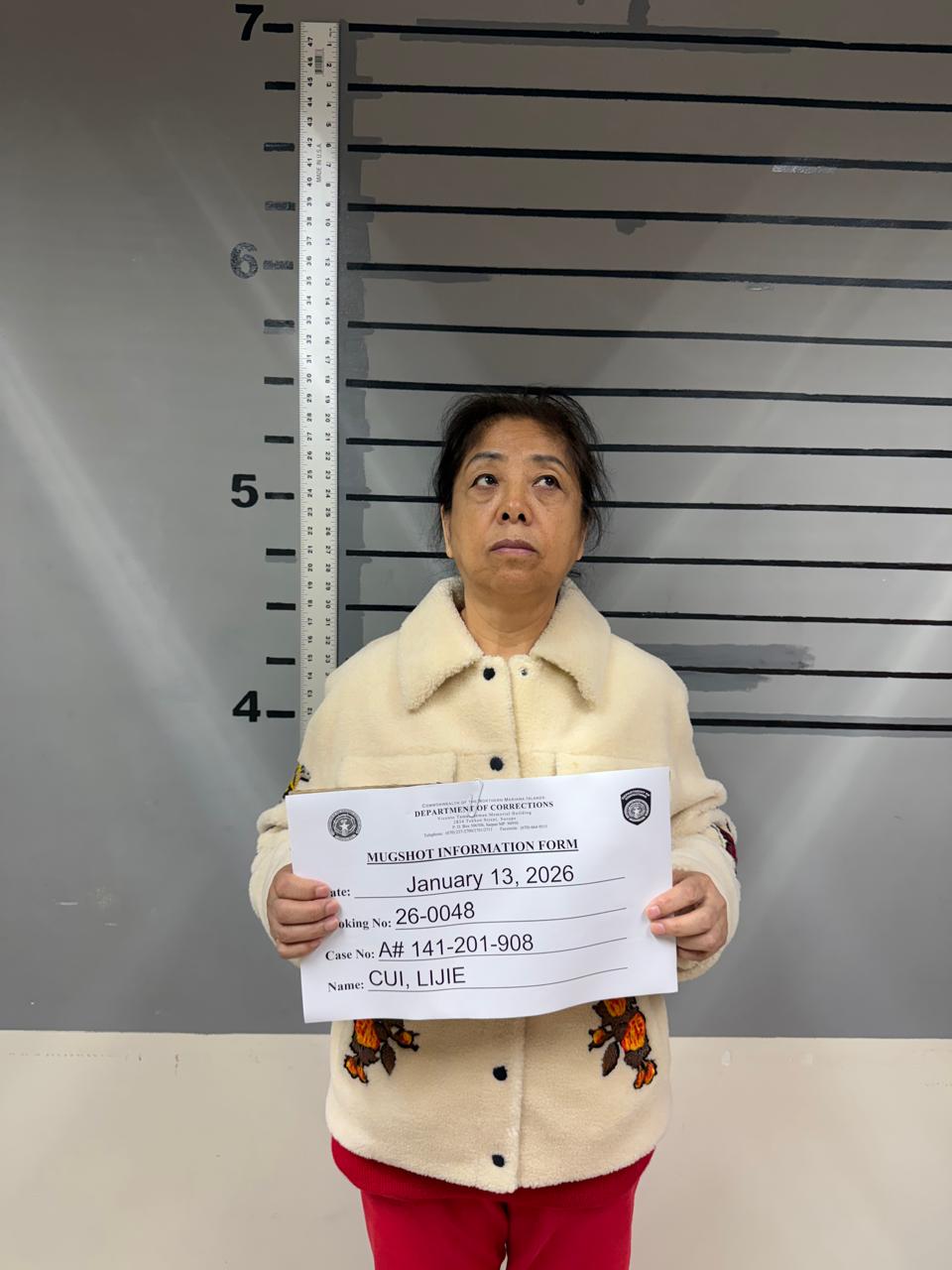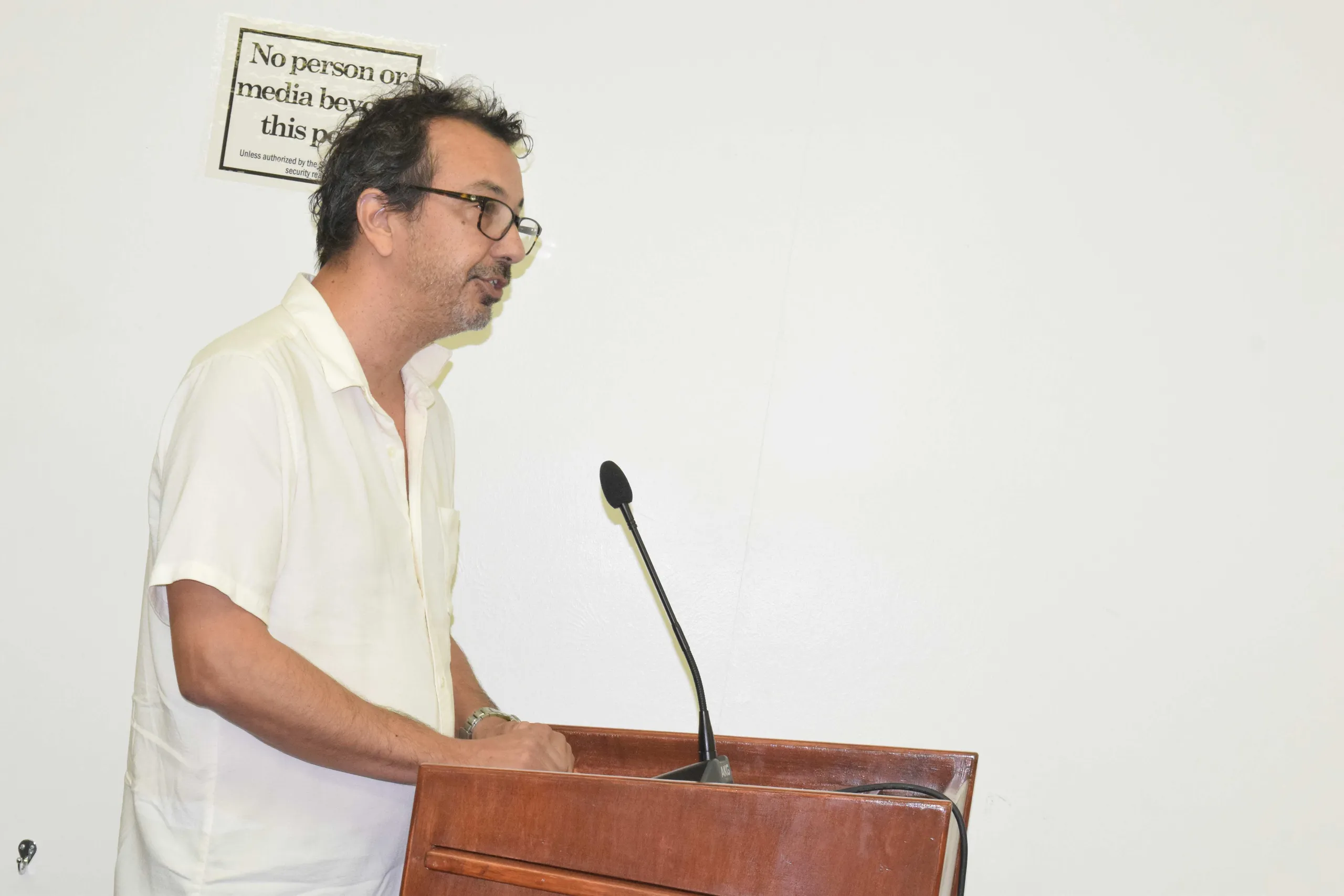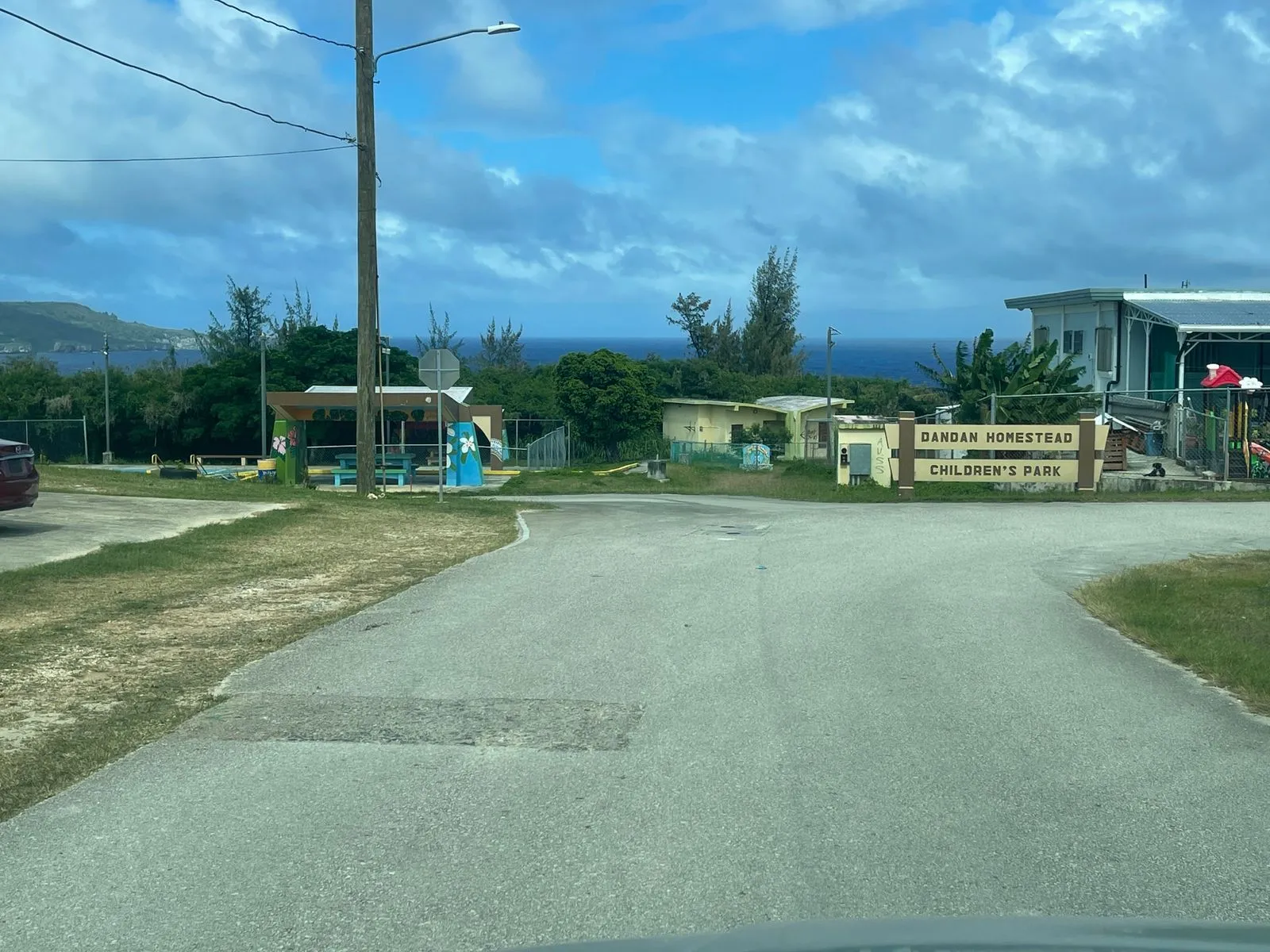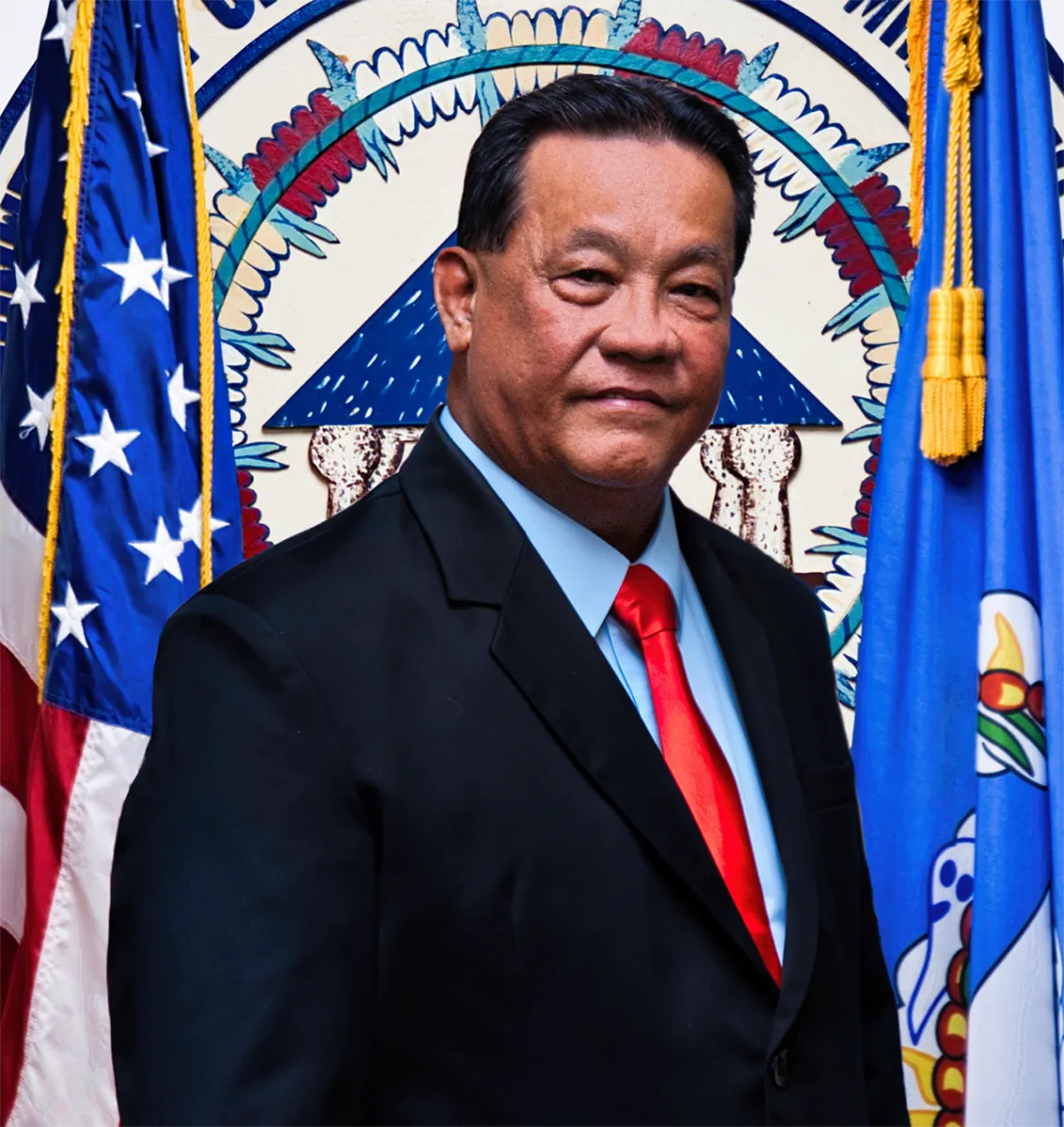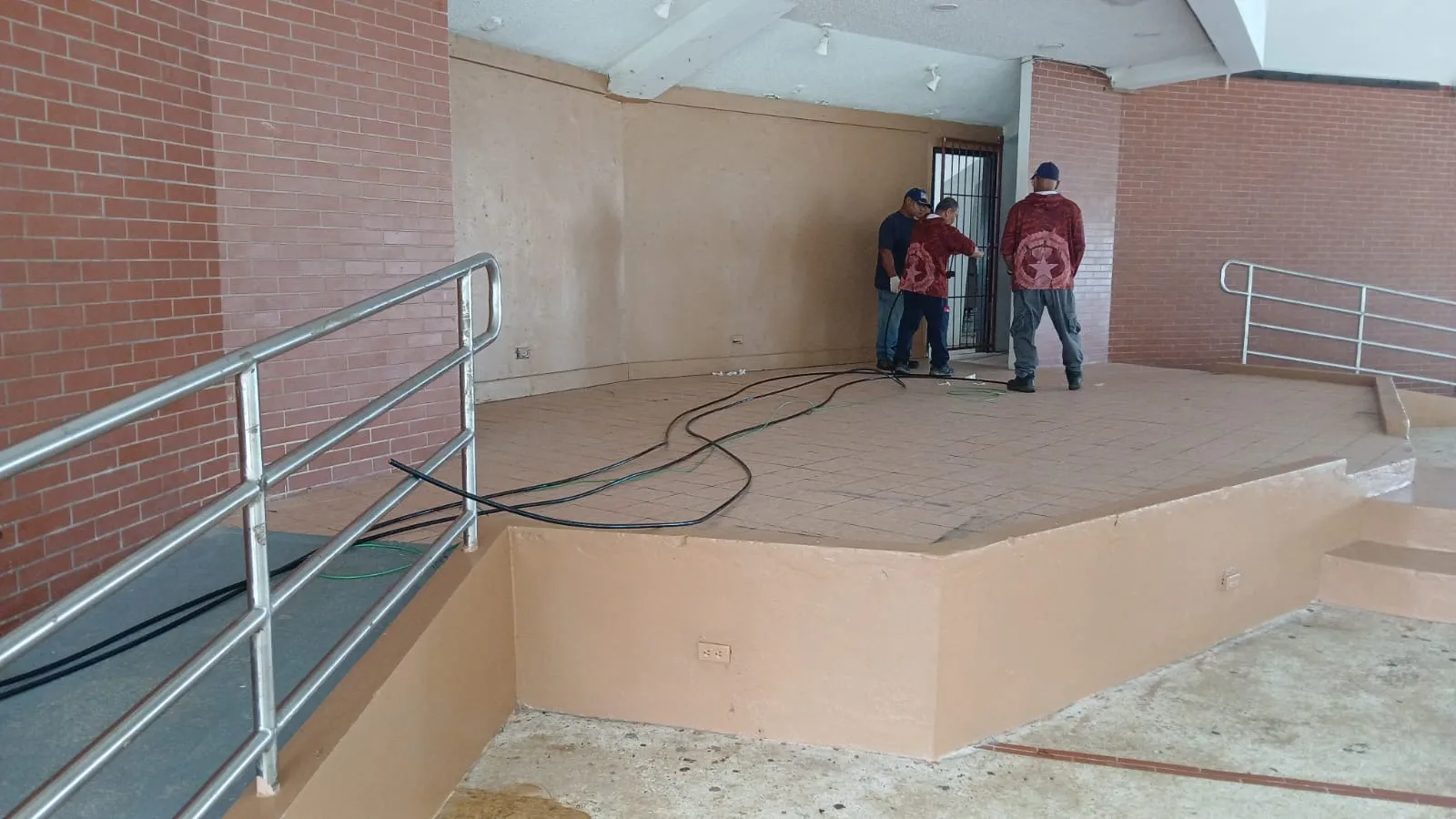
Saipan Chamber of Commerce Board Member Donna Krum, Executive Director Kim Camacho, President Joseph Guerrero, and Board Member Brad Ruszala conduct a press conference on Tuesday.

Christopher Concepcion
THE implementation of the CNMI Economic Vitality & Security Travel Authorization Program or EVS-TAP is a step in the right direction for the local tourism industry according to the Saipan Chamber of Commerce in a press briefing Tuesday.
Joseph Guerrero, the chamber president, said EVS-TAP “is good news for the CNMI as it basically has the same provisions as the discretionary parole program but with electronic pre-vetting features that bolster national security.”
The Department of Homeland Security has approved the interim final ruling establishing the EVS-TAP, which is specifically for travelers from the People’s Republic of China.
“EVS-TAP is more stringent than the previous visa-waiver program and has been in the works for some time and is a product of the collaboration of many stakeholders” Guerrero added.
“People who should not be here should not be allowed entry to the CNMI,” he said. “Discretionary parole is an authorization that the secretary of the Department of Homeland Security gives Customs and Border Protection officers to admit people on a case-by-case basis. EVS-TAP will allow CBP to conduct an electronic pre-vetting of travelers before they arrive,” he said.
The potential revival of the China market, which used to be the CNMI’s second largest, will benefit the community, Guerrero said.
This time, he added, EVS-TAP will allow CBP to do an even better job of protecting the CNMI’s borders and addressing the concerns of the local community.
“We are all concerned about security and the safety of our country and our islands,” Guerrero said.
Chamber Board Member Brad Ruszala said EVS-TAP “is our best shot right now because all the concerns previously raised years ago have been addressed by the rule. This is a real great compromise between what we would like to have economically in the CNMI and the national concerns for the United States and for all our citizens. They [the federal government] took our concerns, and they came up with some compromises that will still help us out, give us the ability to have some tourists from China and still weigh in all the national security concerns that we got.”
Exciting news
Marianas Visitors Authority Managing Director Christopher Concepcion on Wednesday said the implementation of EVS-TAP is “exciting news.”
He added, “We’re in full support of it, the business community, the tourism industry is very eager to have access to all markets around the world especially East China.”
“Historically,” he said, “it’s really Japan, Korea, and China that have been the dominant markets for us…and so we’re excited about the prospect of this program being the catalyst for the future growth of the tourism industry in the CNMI.”
EVS-TAP will allow pre-screened Chinese nationals to travel to the CNMI visa-free for up to 14 days.
“We’re assuming the regulations are still being worked out as we speak, and we’re assuming that [EVS-TAP is] similar to the Electronic System for Travel Authorization or ESTA that Japanese and Korean passport holders [use to] apply for entry to the U.S.,” Concepcion said.
“ESTA is a very simple program, and we’re hoping that EVS-TAP is similar with the entry approval taking place instantly or you’ll know within the next 24 hours. We’re hoping that this new program for the Chinese visitors is going to be similar,” he added.
“When the EVS-TAP rules roll out, there may be some wrinkles and some kinks to iron out, but nothing substantive,” he said.
“I’m assuming DHS has the mechanism in place already and they just need to tweak,” he added.
Asked whether MVA will promote the CNMI in China, Concepcion said, “We don’t have an MVA office in China, Taiwan or Hong Kong so we’re going to rely on our partners on the ground — our network of airlines to promote travel to the CNMI from that region. We don’t have…the funding to open an office in China.”
Prior to the pandemic, China was the CNMI’s second largest tourism market with numerous direct flights a week. MVA said most visitors from China are now independent travelers transiting via Seoul and Tokyo to the CNMI.
From over 185,000 arrivals in 2019, China arrivals have plummeted to 18,550 in 2020; 12 in 2021; and 186 in 2022. From October to December 2023, China arrivals totaled 2,047.
The Wall Street Journal has reported that “China air travel is likely to rev up its recovery this year, with more direct flights to and from the U.S…. International flights to and from China are expected to reach 6,000 a week by the end of 2024, or 80% of prepandemic levels, the Civil Aviation Administration of China said.”


